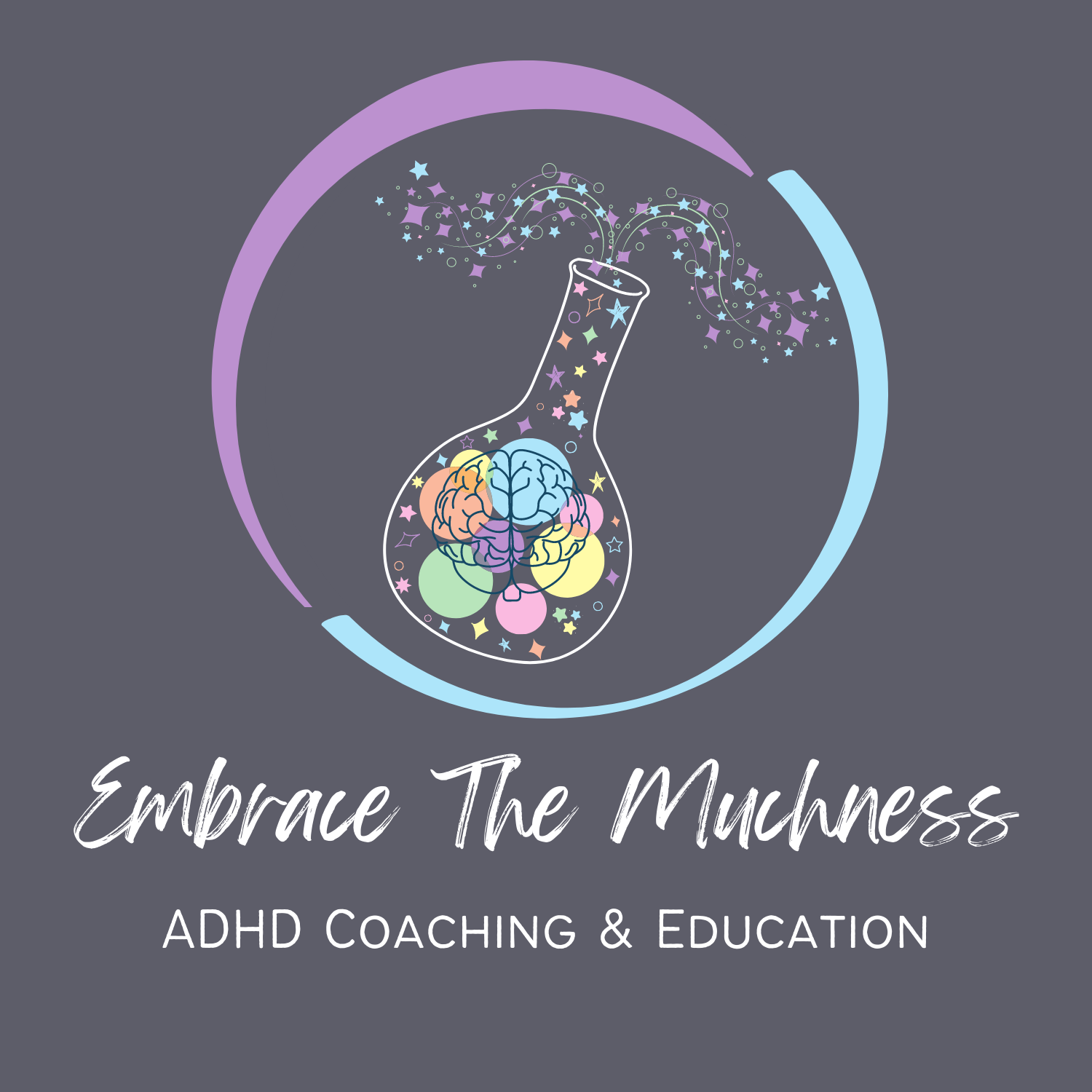Strategies for ADHD: Using a Researcher Mindset
When individuals with ADHD seek strategies to improve or accommodate their executive functioning challenges, the process often mirrors that of a researcher. In research, the first step is identifying a question or problem to explore, and this same approach applies when working to enhance executive functioning.
1. Identify an Area to Research
Just as a researcher selects a topic, you begin by identifying the problem—whether it's time management, organization, or task initiation. Maybe you're struggling with procrastination or feeling overwhelmed when transitioning between tasks. This becomes your research focus.
2. Form a Hypothesis
Once you have your focus, start getting curious about the why. What exactly is getting in the way? For example, why am I not getting my task done? Am I forgetting? Am I missing items I need? Am I having trouble deciding which step to start with first? Reflect on your past experiences to gather baseline data, considering what has worked and what hasn’t in similar situations. Then, form a hypothesis about what could improve the situation. For instance, if you determine that forgetting about the task is the issue, you could try setting a reminder on your phone.
3. Implement a New Strategy (Your Experiment)
Now, put your hypothesis to the test by trying a new strategy. This is your experimental phase, where you introduce something new to see if it makes a difference. For example, set the alarm on your phone and see if this helps you remember to complete the task.
4. Analyze Your Data
After testing the new strategy, reflect on the outcome. How did things go? Did the strategy help me get the task done? Maybe it worked in part, but then something else got in the way. These results are your data, and just like in research, they give you valuable insights.
5. Refine Your Approach (Collect More Data)
If the strategy didn’t work as expected, it’s not a failure—it’s simply more data to help refine your approach.Just like in research, hypotheses don’t always turn out to be correct, or you might discover that the strategy worked but didn’t account for another factor. You can then adjust your strategy and try again. For example, if your alarm helped you remember but went off at a time when you weren’t free to complete the task, you can adjust it to a better time. The key is to see this as an ongoing process of experimentation and learning.
6. Account for Variables
Just like in research, there are many variables involved that influence the outcome. With ADHD the variables could include awareness of time, emotional regulation, motivation, trauma, energy levels, sensory issues, environment, and more. If a strategy works under certain conditions but one of these variables changes, you may need to find a new approach. For example, if your strategy is to refill your water bottle every time you pass the dispenser on the way to the restroom, and the dispenser is removed, your strategy will need to change.
Preventatively, whenever you know of a change coming in your environment or schedule, take time to consider if your current strategies will still be effective or if you’ll need to adapt them. Keep in mind that in research, there are always outliers. Even if a strategy works for many others with ADHD, if it doesn’t work for you, it doesn’t mean you’re doing something wrong. Our personal variables mean we may need highly individualized strategies.
7. Repeated Testing
Research typically requires repeated testing and replication before findings are widely accepted. Similarly, you’ll need to test strategies multiple times, gathering new data with each attempt. The more you test and adjust, the more you’ll understand how different variables interact. For instance, a strategy might work well on a high-energy day but not when you’re tired or stressed. This ongoing feedback helps you fine-tune approaches and make small adjustments that align with the realities of your life.
Conclusion
Improving executive functioning skills with ADHD is an evolving experiment. The more you try, reflect, and refine, the more data you gather, and eventually, you’ll find strategies that help you manage challenges more effectively. It’s essential to set realistic expectations—this is the expected process. While feelings of shame are natural and common for those with ADHD, be kind to yourself throughout this experimentation process.



